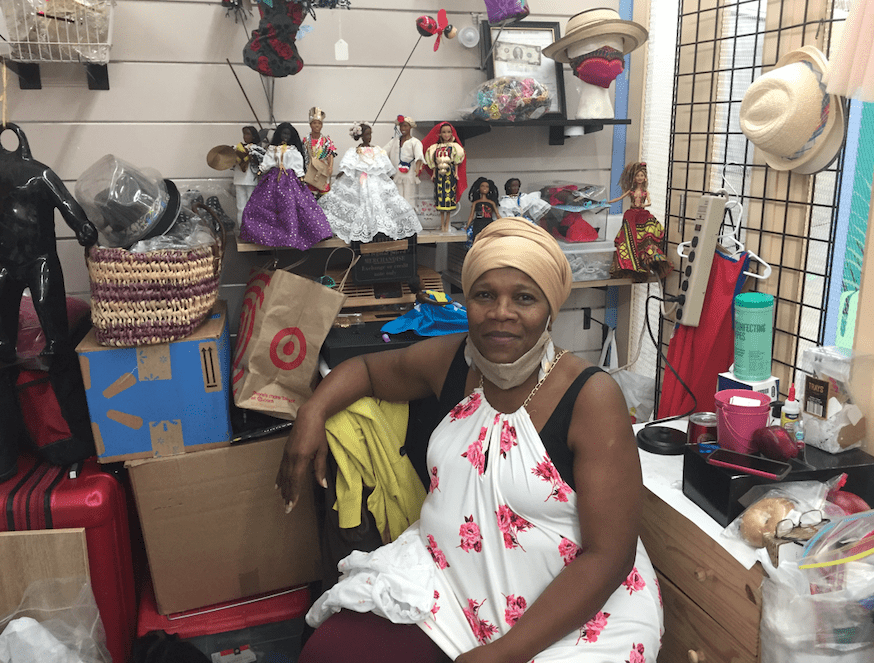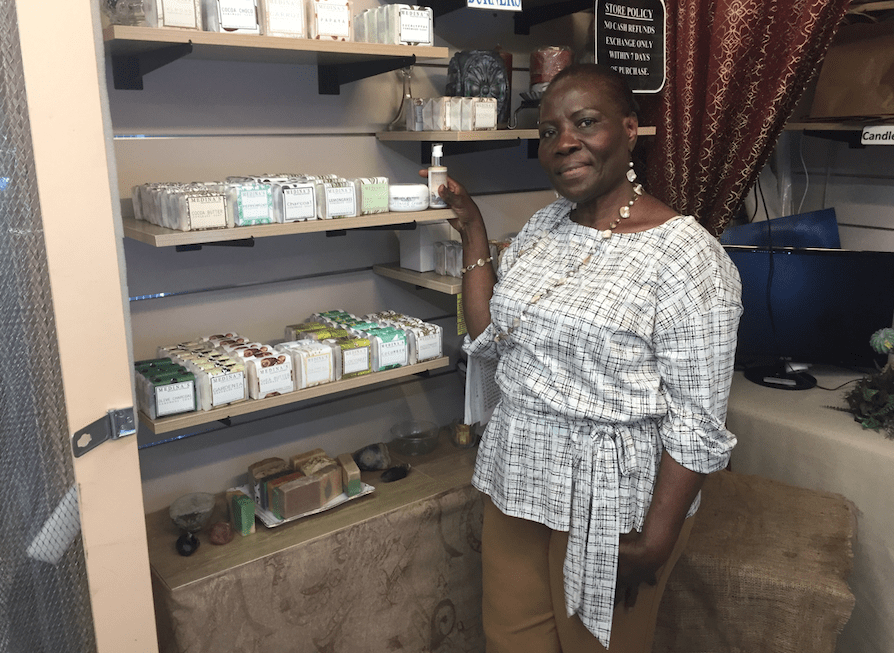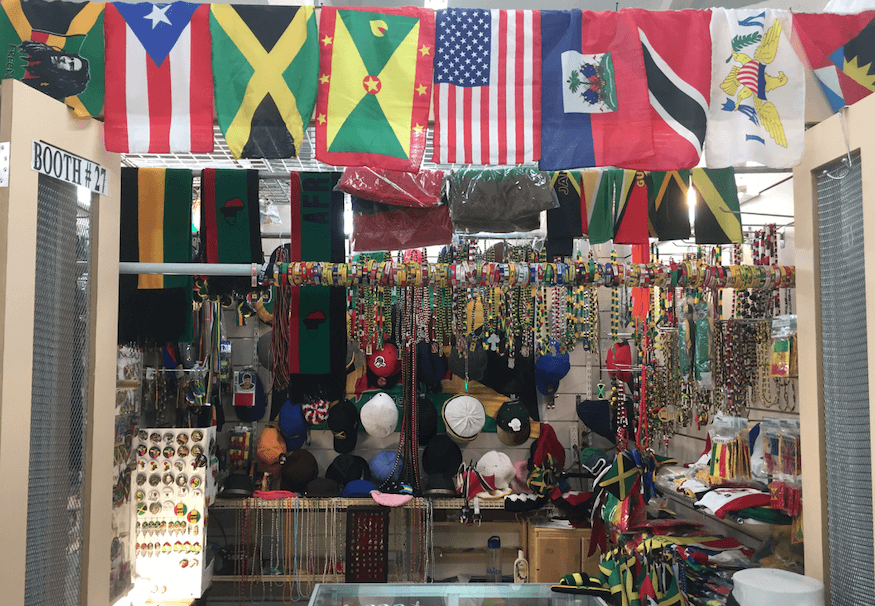Companies across the borough are facing steep losses due to the coronavirus crisis, but the small, immigrant-owned businesses selling Caribbean wares at the Flatbush Caton Market have been hit especially hard.
While the market was forced to close for months, re-opening just last week, many of the merchants weren't able to access government aid due to the informal nature of their businesses. The vendors all have business licenses, but many operate on a cash basis, lack formal records, and don't use business banking accounts — all factors that complicate the process of applying for pandemic relief.
A fundraiser started by FCM's management company, Urbane Development, aims to help fill in the gap by raising $50,000 in direct cash assistance for market vendors. The campaign, launched June 19, has so far raised over $12,000.
With only a handful of exceptions, the market's vendors are senior citizens, placing them at high risk of serious complications from the virus. Already, tragically, two of the vendors, who FCM Director Lisa Thompson called the market's "matriarch and patriarch," died from COVID-19.
"It's a highly vulnerable population," said Androniki Lagos, a senior consultant with Urbane Development. "There's an underlying awareness but also some nervousness. Because we know these folks are high risk."
Telma Reid, who's been selling her hand-sewn goods at the market since 2014, is one vendor who could benefit from the fundraiser.
The Panama-born Flatbush resident works out of a market stall filled with bright fabric, handmade tutus, cushions, stuffed animals and custom kids clothing.
"I mean, I sew anything," Reid said.

While the market was closed during the state-wide shutdown, Reid began sewing face masks for essential workers. "The lack of work was kind of driving me crazy," she said.
Because of her informal business status, she's unable to access government loans and the new unemployment benefits for the self-employed.
"They don't keep formal records of income and expenses and things like that. So you can't fill out a PPP application because you don't have the fundamental pieces to demonstrate that you are eligible," said Thompson, referring to the federal Paycheck Protection Program. Informal businesses like Reid's are also unable to apply for an Economic Injury Disaster Loan.
Margarette Medina, a market vendor since 2008, sells soaps and skincare products made with traditional herbal remedies from her native Haiti. Like Reid, she's unable to access government aid for her business.

The fresh ingredients in her products also expire, which made the shutdown more difficult.
"Without the market open, I was concerned for myself. Since they have a shelf life, my product, I have a limited time to sell them. When they sit in there and then they don't sell, I have to throw everything away and that would be a loss," Medina said.
It's businesses like Medina's — and the cultural heritage they bring to Flatbush — that Lagos hopes to save.
"This is a cultural preservation project," she said. "The elders here, through their commerce every day, they're preserving the culture of Caribbean Flatbush and Caribbean Brooklyn."




